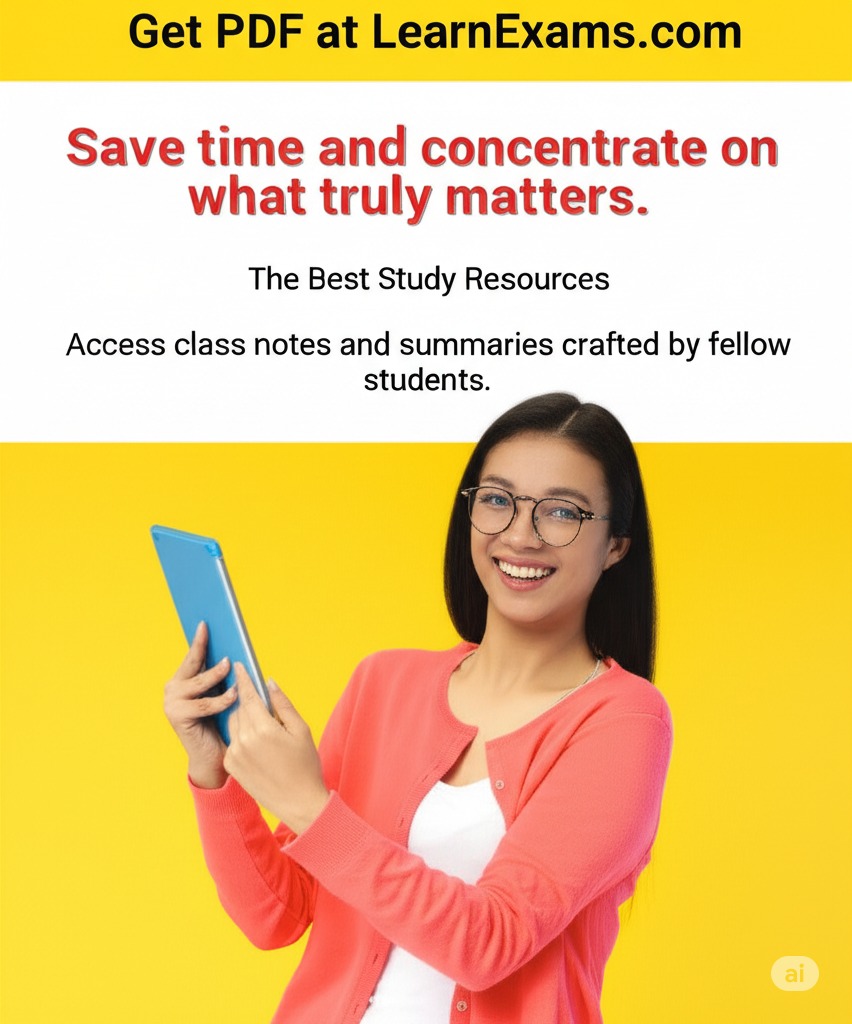Kellen has always worked on the manufacturing side of industry and Marcus has always worked in sales. In meetings, they often have difficult understanding how the other person came to a conclusion. The problem is being caused primarily because of Multiple Choice psychological noise. a filter of lifetime experiences. differences in emotional intelligence. emotional hijacking. differences in self-awareness.
The Correct Answer and Explanation is:
Correct answer: a filter of lifetime experiences
Explanation:
The communication barrier between Kellen and Marcus is primarily due to a filter of lifetime experiences. This filter refers to how people interpret messages based on their past experiences, education, social background, professional training, and cultural values. Since Kellen has always worked in manufacturing and Marcus in sales, each has developed a unique way of thinking, problem-solving, and communicating. Their conclusions are influenced by the norms, priorities, and jargon of their respective industries.
Kellen might focus on efficiency, production timelines, and operational feasibility, while Marcus may prioritize client satisfaction, product presentation, and market demand. These differences affect how each person processes information and communicates ideas, making it harder for them to understand one another’s perspectives during meetings.
This is different from psychological noise, which refers to mental interference such as stress, preoccupation, or bias that distorts communication. It is also distinct from emotional hijacking, which occurs when a person reacts emotionally in a way that overrides rational thinking. Differences in emotional intelligence would involve varying abilities to recognize, understand, and manage emotions in oneself and others, which is not the main issue here. Likewise, differences in self-awareness would pertain more to understanding one’s own thoughts, feelings, and behaviors rather than interpreting another person’s conclusions based on professional background.
Ultimately, their difficulty stems from having different frames of reference due to their separate careers. This is a classic example of a communication challenge caused by the filter of lifetime experiences, which shapes how each person perceives and interprets communication, leading to misunderstandings even when both parties have good intentions. Overcoming this barrier involves active listening, empathy, and a willingness to understand the other’s professional worldview.
